Pet Humanization Trend Triggers New Startups to Emerge
Discuss with the Founders of Pawprints and Magalarva about innovation, challenges and opportunities in the pet care industry
Recently, there have been more and more diverse startup business verticals in Indonesia funded by venture capital, one of which is in the animal food sector. The industry is starting to be looked at because it is influenced by global trends, namely the humanization of pets, as quoted from the report NielsenIQ titled “2023 Pet Trends for Pet Food and Pet Supply Brands”.
The humanization of pets is not only driving the pet care industry as a whole, it is also driving the biggest trend: pet food personalization.
According to the report, personalized nutrition represents one of the biggest trends in retail online. When pet owners realize that their pets are equal individuals like humans, they will look for pet food that reflects their tastes.
The result has been an increase in premium products – with an increase in the number of 'natural', 'raw' and 'organic' foods/snacks/supplements – giving owners more choice.
Startups | Product | Funding | Investor Rankings |
| Companion | Healthy food for dogs from natural ingredients | In the initial stage, the nominal amount is not disclosed | East Ventures |
| Pawprints | Food full of protein from BSF larvae for dogs and cats | Initial phase, valued at $1,7 million | Creative Gorilla Capital (leads), Altrui, Seven Brothers Investindo, and individual investors |
| Magalarva | Producer of BSF larvae cultivation for mixed animal, poultry and pet feed | In the initial stage, the nominal amount is not disclosed | Innovation Factory, Strive (formerly known as Gree Venture), and Bali Investment Club |
This experience also inspired Jacqueline Sulistyo (Founder and CEO of Pawprints) before deciding to take it seriously Pawprints. Jackie, Jacqueline's nickname, was inspired to make pet food because her cat, Leo, was picky about his food. So that Leo can eat well, he goes through various trials with brands and types petfood different things, until finally he started learning about pet nutrition.
“There I discovered the extraordinary benefits of larvae black soldier fly (BSF) and insect protein. When I gave dry BSF to Leo, I was surprised that he really liked it. "That was the moment I created Pawprints, which uses alternative protein sources that are nutritious, but also environmentally friendly for pets and the earth," explained Jackie when contacted. DailySocial.id.
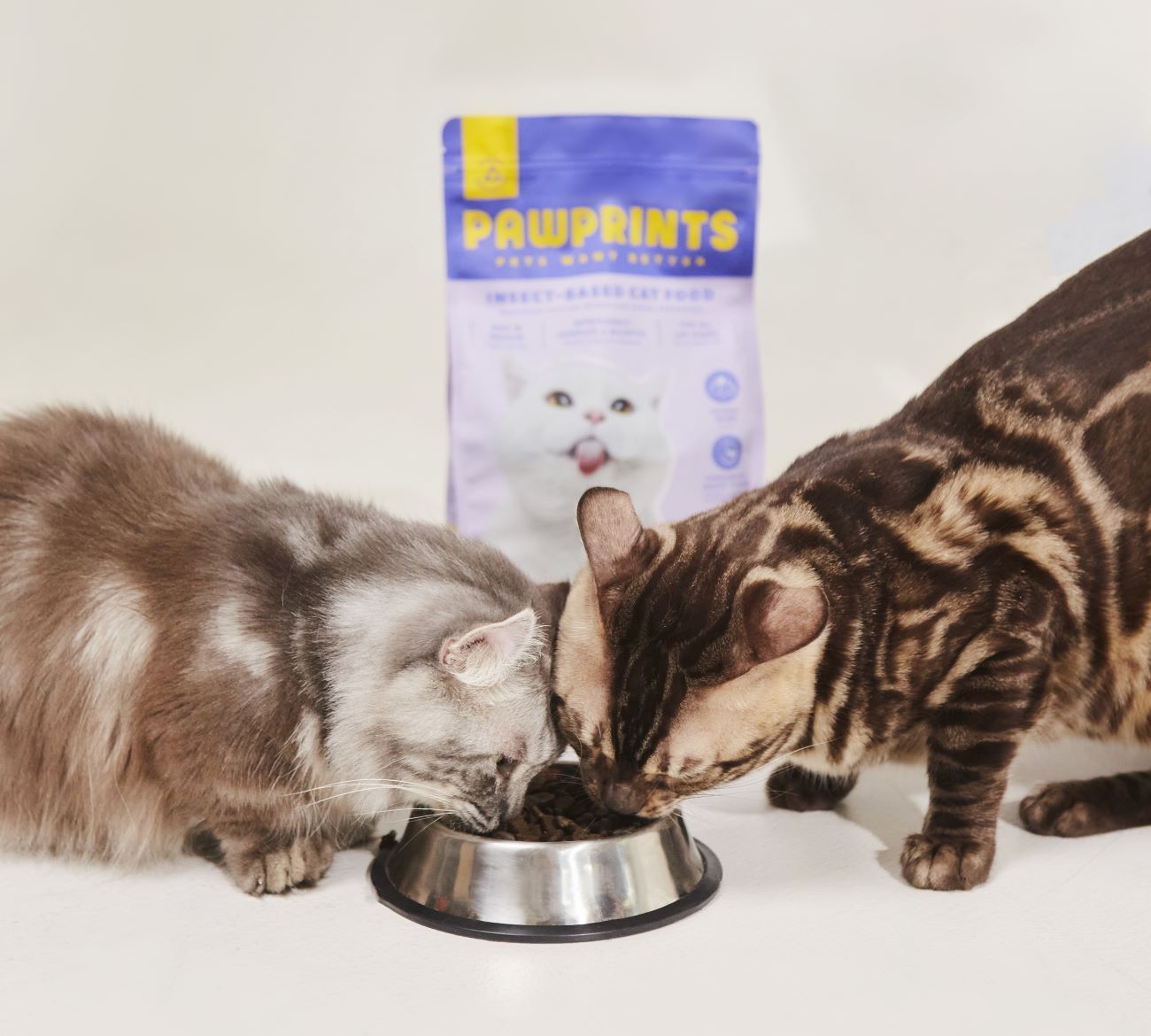
From the concept to the product that is now in circulation, Jackie conducted extensive research with animal food nutrition experts and veterinarians in Australia to ensure that the food created was nutritious and delicious for cats. This process is full of challenges because Jackie is sole founder Pawprints.
Thanks to the support of professionals in Japan and Indonesia, Pawprints succeeded in launching its first product for cats (Insect-Based Cat Food) in June 2023.
“More than just a brand petfood"I want to bring innovation and improve the quality of pet nutrition in Indonesia," he added.
BSF or black soldier fly larvae have high nutritional content, especially protein which is needed in the animal feed industry. Different from maggots in general, BSF is larger and black in color, resembling a wasp. BSF is unique, namely that it does not transmit bacteria, disease or germs to humans, so it is very suitable for use as animal feed.
Pawprints' mission is not just to sell healthy pet food, but to emphasize the importance of optimal nutrition for the welfare of beloved pets. To be in harmony, the team is aggressively educating animal owners - by engaging the animal lover community - to find out important information about animal dietary needs and the nutritional advantages of insect protein.
Industrially, there are strict regulations to ensure the safety and quality of pet food in Indonesia. This condition shows that the current market shows a concentration of brands at both ends of the spectrum - international and local brands - which do not always comply with international standards in formulation and labeling. petfood.
Therefore, the quality of Pawprints food has been formulated according to strict standards set by AAFCO (Association of American Feed Control Officials) to ensure safety, quality and nutritional completeness. “Standards like these are not always carefully observed.”
Pawprints combines strategies omnichannel in product distribution. The company has partnered with more than 500 stores offline which is spread across 11 cities throughout Indonesia. Apart from that, it also markets directly on the marketplace platform at Shopee and Tokopedia.
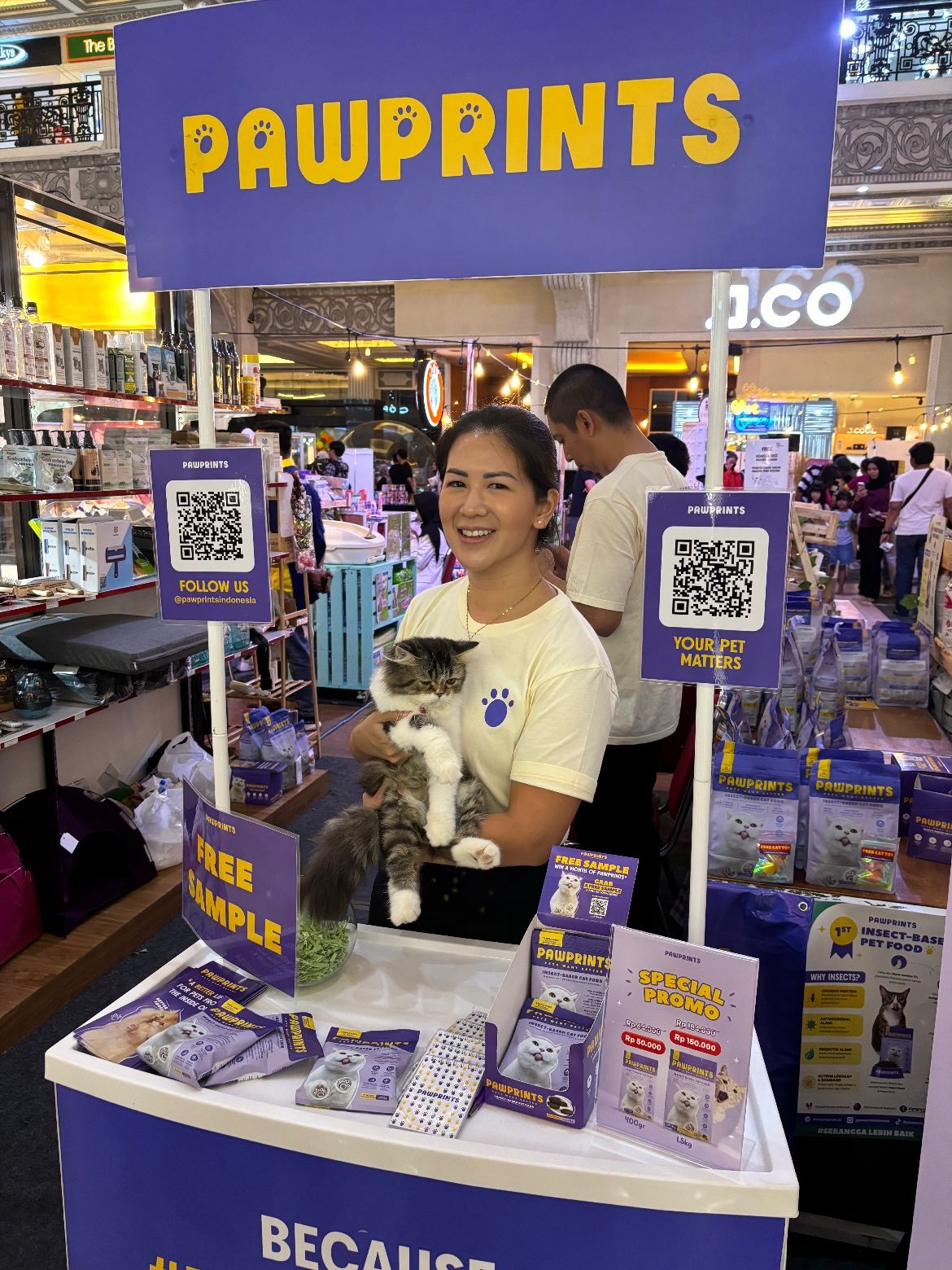
This year, Pawprints will continue research for product development, such as releasing food products for dogs (Insect-Based Dog Food) and wet food to address common health problems in cats and dogs. “We are excited about the journey ahead and remain committed to making Pawprints what it is petfood which is synonymous with quality pet nutrition in Indonesia.”
Apart from Pawprints, there are also Companion which is already operating and also has funding from investors. Compawnion has two brands of dog food, namely, Pawmeals and UGO, each specializing in preparing healthy, natural and ready-to-eat fresh food for pets.
Different approach
Slightly different from Pawprints, Magalarva also uses BSF larvae to eat livestock. The difference is, they are maggot cultivators who consume organic waste. That's why Magalarva introduces itself as an impact startup that focuses on environmental issues.
Through Magalarva, Co-founder and CEO of Magalarva Rendria Arsyan Labde was able to turn piles of rubbish into a livelihood. From the results of his research, it was found that existing waste solutions actually pay more attention to plastic waste. In fact, the amount of organic waste turns out to be more than non-organic waste.
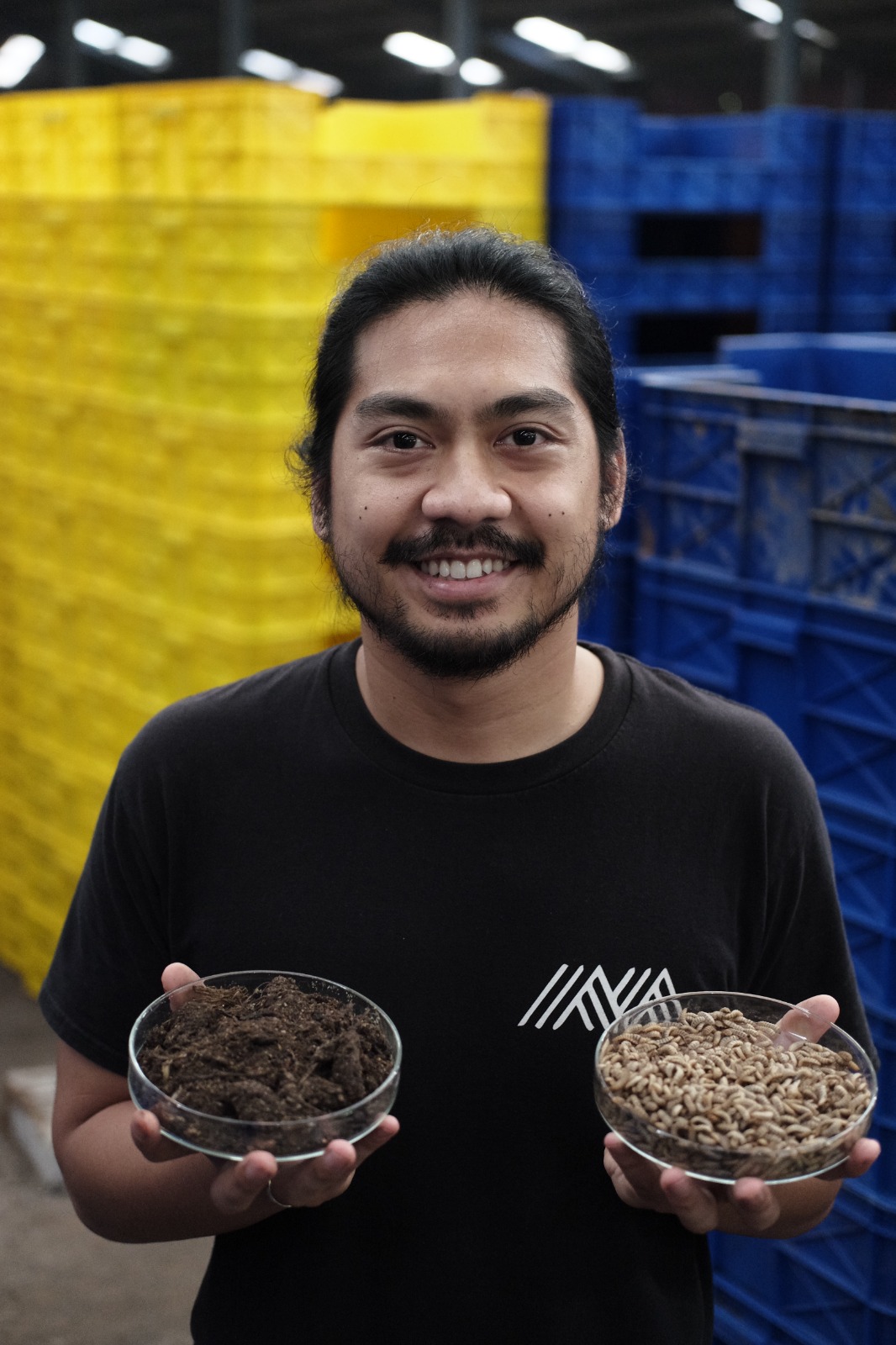
Before Magalarva was present, he was exposed to smelly things sustainable farming. His views on life began to change. He also tried to enter the property business as a developer for sustainable housing. It turns out that this cannot grow quickly in influencing many people.
"I started looking into the problems in the city, it turned out that waste was a serious problem. I followed the flow of waste from my house to where it was going, sorted to the end in Bantar Gebang. There you know the sad facts. 100% of the waste from Jakarta is 70% organic, but many people focus on their plastic waste. Why doesn't anyone take care of 70% of it? In the end, there is no organic waste supply chain leaders," explained Rendria.
He and co-founder others are neither biologists nor agriculturalists. For this reason, they conducted a lot of research in developed countries while finalizing their business model scalable and sustainable. This research journey was not as smooth as imagined, there were countless trials until we found the right and efficient formula.
“Utilization is there but the chain is closed. I will validate this again really scalable and visibleno way. In developed countries there are already companies and they can do it. I believe that if this is pursued, it could be a solution."
Since the trial began in 2017, Magalarva has managed 50 kilograms of organic waste a day. Now the figure has doubled to 40 tonnes a month, all processed directly at the factory located in Gunung Sindur, Bogor Regency.
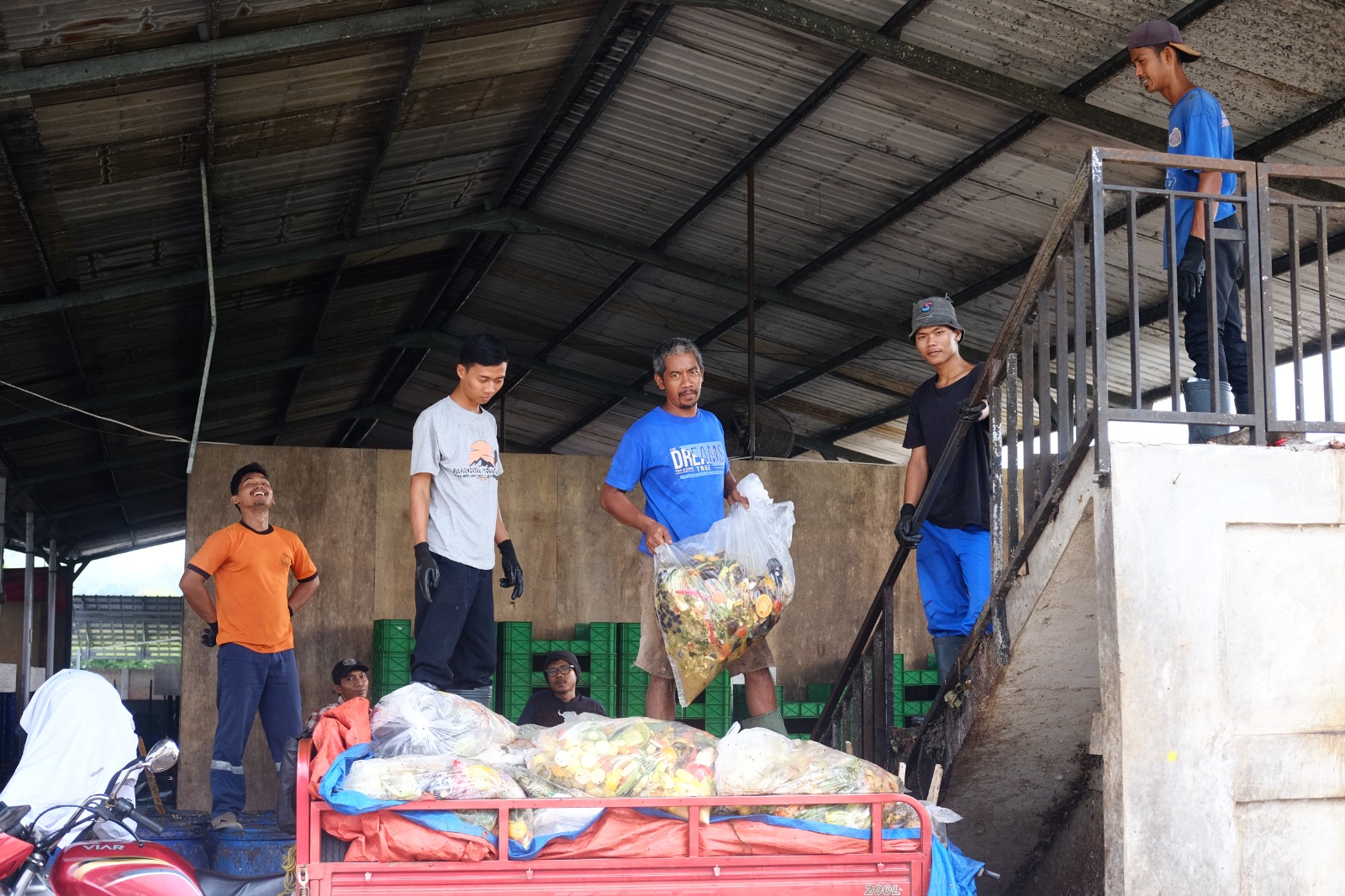
Waste sources are taken from company partners, such as milk producers, the Environmental Service, startups waste management, like Recosystem and Waste4Change, to traditional market managers. “Beautyits here. Instead, compete, we are the solution for them because food waste what is collected, we process it. We offer service and value we go to them."
BSF larvae are known to have a high appetite, they can eat twice their body weight per day. These maggots are able to break down organic waste within two weeks to 20 days. The harvest time is also relatively fast from 10 to 24 days, that is, when the BSF eggs have hatched and entered the larval phase until they enter the pupal phase.
Every harvest, Magalarva will process it directly to wash it until it is dried to be processed into various products ready to be sold or mixed with other food ingredients, such as fresh larvae, dried larvae, powdered larvae, and so on. This harvest contains a high source of protein which is needed to feed fish, shrimp, poultry and pets such as cats and dogs.
The sales of this crop are carried out by the Magalarva team in various forms, both B2B and B2C, and have even been exported to South Korea, Japan and Singapore for BSF in powder form. Rendria aims that in the future Magalarva can routinely export 2 containers, each with a capacity of 15 tons per container.
Currently, Magalarva's production capacity has increased fivefold. The waste that can be managed reaches 200 tons in one month. The accumulated waste that has been processed since 2018 until now has reached 5 thousand tons. The most important thing is that this increased capacity can make Magalarva production costs much more efficient, dropping to 70%.
"This is in accordance with our mission to reduce waste as much as possible, although this figure cannot yet be provided impact the big one. But we have done something real.”
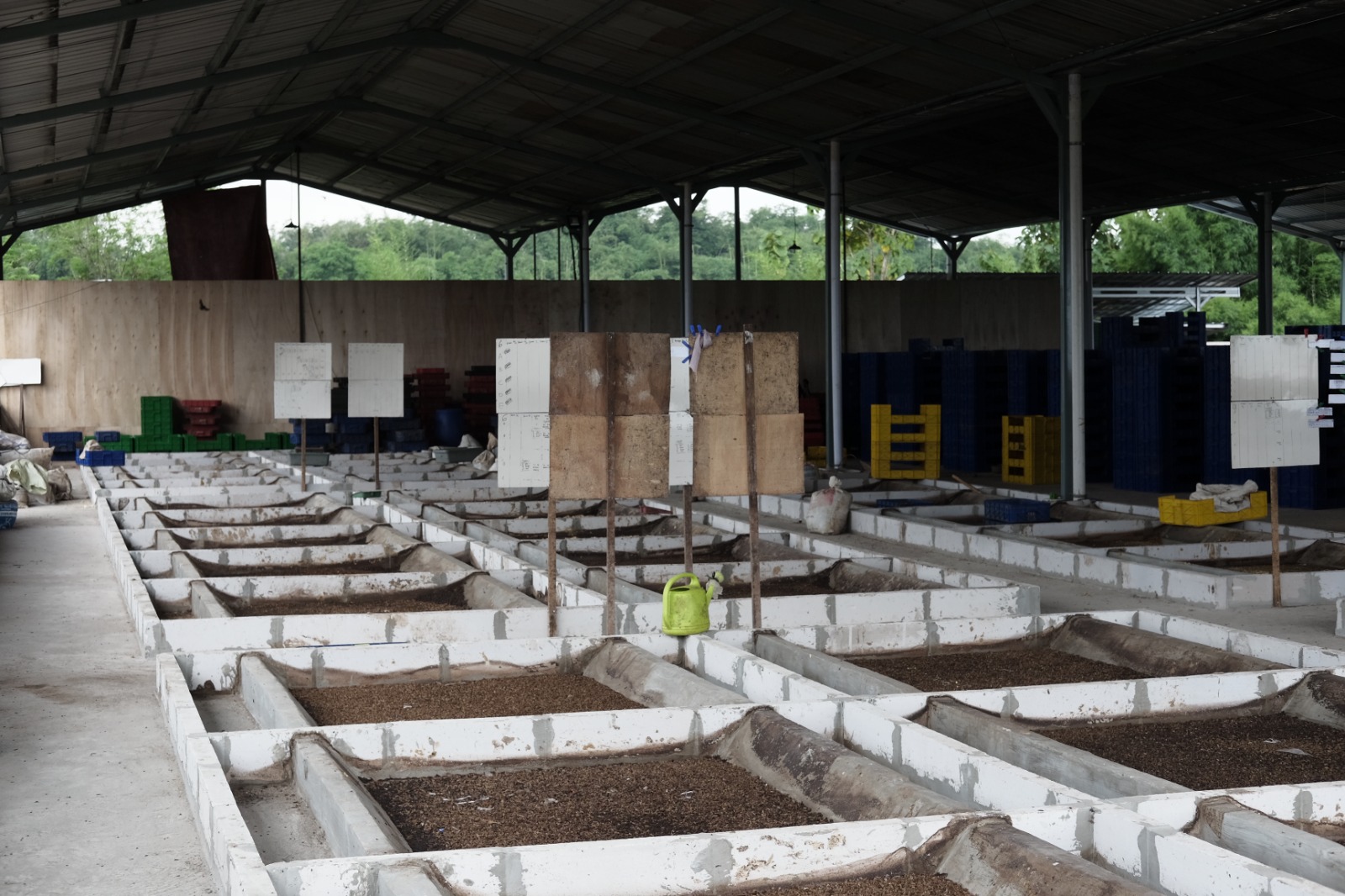
Rendria admitted that his party is currently raising a new round of funding to buy new equipment and increase the factory area. “Now we are flooded order but we need it capital to increase capacity because the current one is stuck."
When completed, the company will promote an export strategy. There are already potential buyers from the United States, Latin America and a number of countries in ASEAN, such as Vietnam. Then it goes into other industries, such as shrimp and poultry farming so that the absorption of the harvest can be more massive. These two industries also have no less large market potential.
For the record, Magalarva has been supported by a number of funding from investors. First obtained in June 2019 from Innovation Factory owned by the Salim Group and Gree Venture (now called Strive), the nominal amount received was $500 thousand. Then at the end of 2022, it will receive additional injection from the Bali Investment Club.
Sign up for our
newsletter
 Premium
Premium
